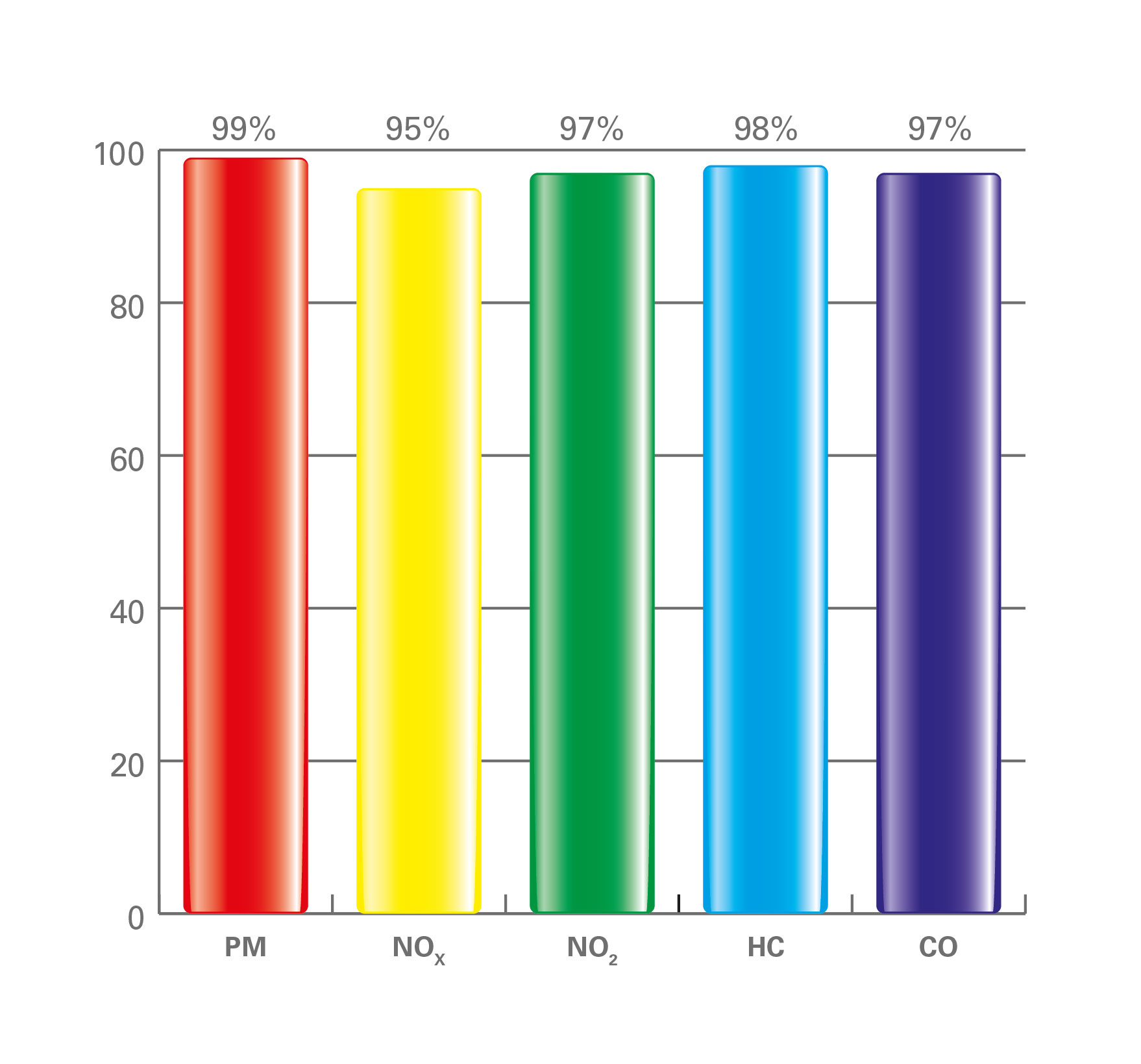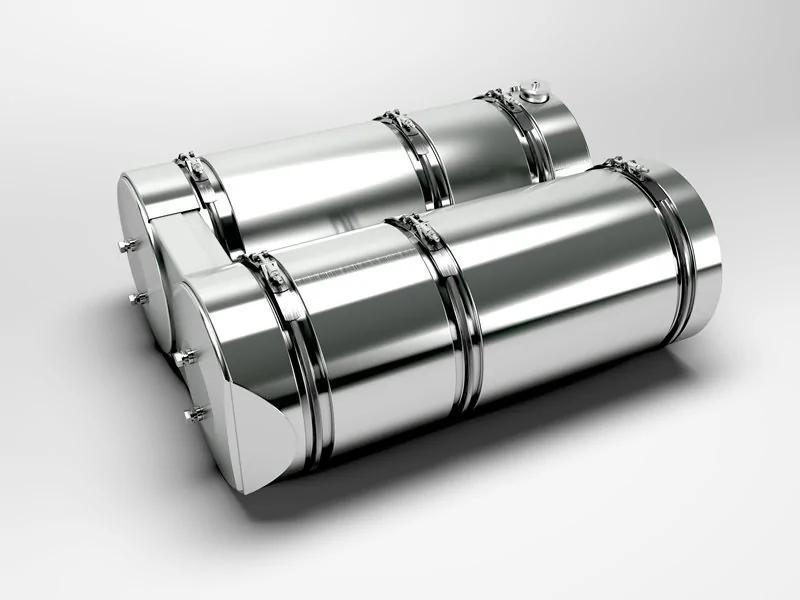Here, Steve Rawson, Head of Retrofit Engineering at Eminox, looks at the reasons why air pollution is driving new emissions regulations that will affect buses and coaches
“2020 has emerged as the final deadline for addressing the worst air pollution problems in UK cities. However, with public attitudes becoming less tolerant and research by health organisations highlighting the health dangers, it is becoming increasingly likely that new emissions regulations may be introduced earlier.
New London Mayor, Sadiq Khan, is to consult on bringing forward the capital’s Ultra Low Emission Zone (ULEZ) from 2020 as well as expanding the area out towards the North and South circular. In a clear sign of his intentions, he said: “I have been elected with a clear mandate to clean up London’s air – our biggest environmental challenge.” An early introduction of ULEZ will affect buses and coaches, with the minimum requirement being Euro VI or retrofit equivalent (with approval requirements still to be defined).
In addition, the government has announced that five other cities; Birmingham, Leeds, Nottingham, Derby and Southampton, will introduce Clean Air Zones (CAZ) by 2020. Although exact air pollution regulations to enter these zones are still to be defined, current plans state that vehicles must meet at least Euro VI emissions levels for NOx. These Zones won’t affect private car owners, but will affect buses, coaches, taxis and HGVs (the Birmingham and Leeds zones may also affect light goods vehicles). Consultation on the detail of CAZ is expected to start in late summer 2016.
Finally the forthcoming ‘Buses Bill’, will mean that combined authorities with elected mayors could take responsibility for the running of local bus services, giving franchising powers to local authorities.

